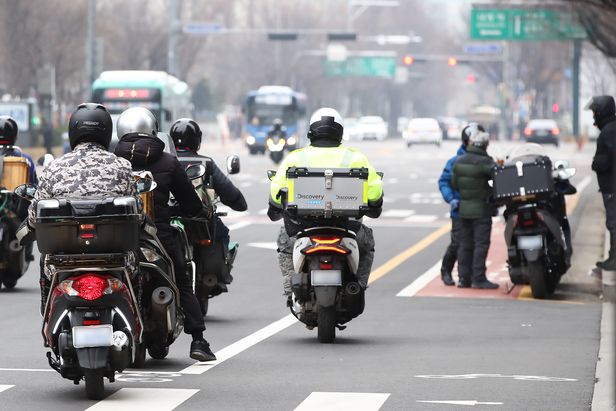[Context]
For those in non-standard employment, including contract workers, self-employment, platform workers, etc. who are poorly paid, unprotected and insecure, the economic crisis caused by COVID-19 pandemic was a threat to their survival. Due to their precarious working conditions, their financial access to the commercial banks was blocked, and governments’ emergency financial measures based on regular employment were not accessible.
Therefore, the workers were at the risk of being victimized by loan sharks or high-interest card loans. Also they tend to be socially isolated due to the form of their labor, so it is hard for them to mobilize resources through their social networks.
In order to protect and increase the precarious workers’ financial access and social capital, Korea Social Value and Solidarity Foundation(SVS) launched the “Emergency Loan Program for Workers’ Mutuals” in 2020. This aimed to increase those workers’ financial resilience and to build communities through workers’ mutual organizations as a self-help finance model.
SVS Foundation supported precarious workers’ mutuals at their incubation, start-up stage, by providing emergency loan capital for their members and technical support to manage their finance programs.
[Project Details]
The loan program operated for two years from September 2020 to September 2021, and the technical support program lasted longer until now in collaboration with Association of Workers’ Mutuals.
Total capital invested in the project was 24 billion KRW (around 17 mil. USD), consisting of Seoul Metropolitan Government’s Social Innovation Fund (83%), and SVS Foundation’s own fund(17%). The interest rate for the loan to the mutual organizations was 0% from both funders, and a total of 7 workers’ organizations operated the loan program with maximum 3% interest rates, which were about ½ of commercial banks’ average interest rate and smaller than ¼ of private loan or credit card loans’.
The size of the emergency loan per person was max. 5 mil. KRW(about 3,500 USD) and maximum duration for repayment was up to two years.
SVS also provided various technical support to the workers’ mutuals as social finance intermediaries, including capacity building training, communication support, digital loan management systems, and human resources. The training covered practical work manuals such as loan program design, making contracts, managing repayment, overdues, and loss provision, etc.
[Outcome & Lessons]
256 people benefited from this emergency micro-loan program and were relieved from the economic crisis during the pandemic. This loan project embodied a high risk due to its target group’s unstable economic situations, in which many participants were listed as bad creditors and not able to pay social insurance. However, the total loss ratio was only 2 %, significantly low compared to the average loss rate of other microcredit programs in Seoul, 26%. It is mainly due to the mutual organizations’ social relationship among members and the public character of the fund which guided the intermediary organizations’ conservative management. 4 out of 7 workers organizations who participated in the project continue this micro loan program within their capacities.
The members in these participating workers’ mutuals increased 12 times after the project, from 144 to 1,738. This growth became an inspiration of the traditional labor movements and set off discussions for precarious workers’ mutual finance model.
As the workers who simply seek for the affordable loan opportunities joined the mutual organizations, they became involved in other social activities that the mutuals provided and expressed their sense of security from the community.

.




